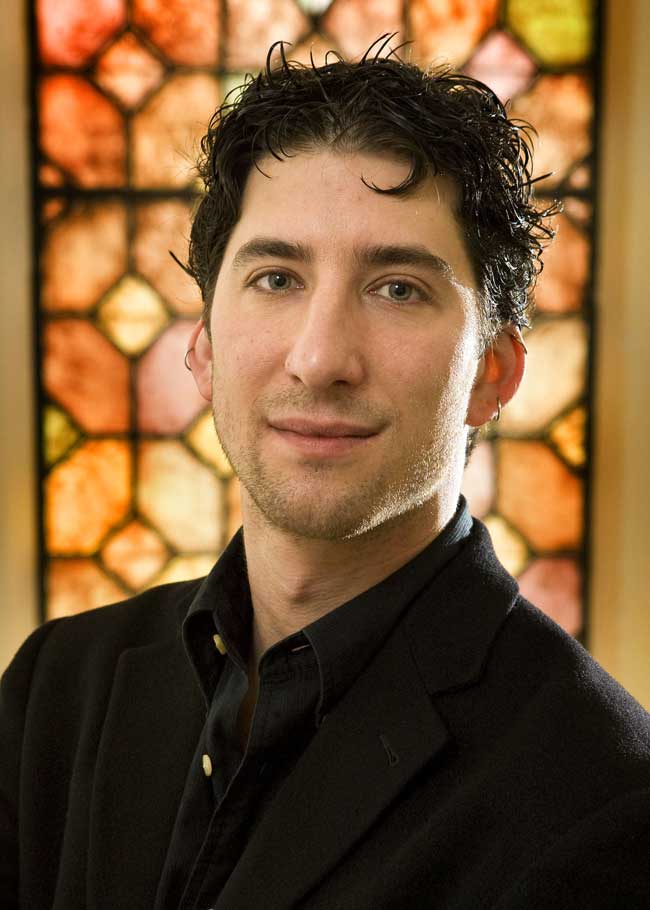Scribal Authorship and the Writing of History in Medieval EnglandMatthew FisherInterventions: New Studies in Medieval Culture |
 11/05/2012 Literary Criticism/Medieval; History/Medieval 221 pp. 6x9  $54.95 cloth 978-0-8142-1198-4 Add cloth to shopping cart Shopping Cart Instructions Review/Change Shopping Cart & Check-out | |||
|
Explore More British Library: Catalogue of Illuminated Manuscripts |
“This is an innovative and learned study, important for our thinking about medieval cultures of the book,
and more broadly for our thinking about the nature of authorship and textuality in any period. Fisher’s
arguments persistently perforate our still-under-examined, overly rigid categories of author, exemplar,
copyist, text, and reader. Instead, Fisher works within a new array of categories of scribal activism,
which will become important tools in the critical vocabulary medievalists are building as they focus
increasingly on the physical culture of their texts. Equally, critics at work on the labile textuality and the
destabilizing of the author/ “Matthew Fisher’s Scribal Authorship and the Writing of History in Medieval England demonstrates through several compelling examples that the range of activity we attribute to medieval scribes should be radically widened. Moreover, this study identifies historical writing as an especially revealing place to investigate the complexities of scribal culture. It contributes to current, lively conversations about the place of manuscript studies in the history of the book, and about scribal culture in particular. It will have a wide audience among medievalists, scholars of literature and history in other periods, and will be essential reading for those who work on historical writing.” —Jessica Brantley, Yale University Based on new readings of some of the least-read texts by some of the best-known scribes of later medieval England, Scribal Authorship and the Writing of History in Medieval England reconceptualizes medieval scribes as authors, and the texts surviving in medieval manuscripts as authored. Culling evidence from history writing in later medieval England, Matthew Fisher concludes that we must reject the axiomatic division between scribe and author. Using the peculiarities of authority and intertextuality unique to medieval historiography, Fisher exposes the rich ambiguities of what it means for medieval scribes to “write” books. He thus frames the composition, transmission, and reception—indeed, the authorship—of some medieval texts as scribal phenomena. History writing is an inherently intertextual genre: in order to write about the past, texts must draw upon other texts. Scribal Authorship demonstrates that medieval historiography relies upon quotation, translation, and adaptation in such a way that the very idea that there is some line that divides author from scribe is an unsustainable and modern critical imposition. Given the reality that a scribe’s work was far more nuanced than the simplistic binary of error and accuracy would suggest, Fisher completely overturns many of our assumptions about the processes through which manuscripts were assembled and texts (both canonical literature and the less obviously literary) were composed.
| |||


